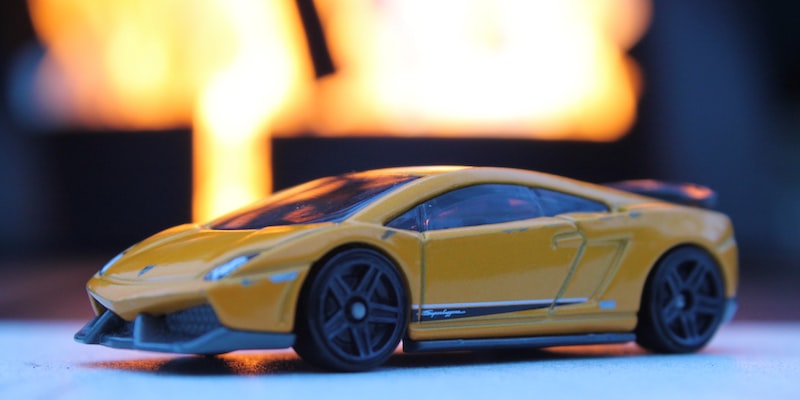
Examining the Authority of the Executive Branch: Exploring the Power of the President
The head of the Executive branch of the United States is the President. The President is the commander-in-chief of the armed forces, has the power to veto or sign laws, and is the head of state. But what is the power of the Executive branch and how does it impact the other branches of government?Under the United States Constitution, the Executive branch is the most powerful branch. It has the power to appoint and remove government officials, enforce laws, and the right to set policy. The President also has the power to negotiate treaties and international agreements with other countries.
The President also has the power to pardon individuals, including those found guilty of federal crimes. This power is limited, however, as the President cannot pardon someone for treason or impeachment.
The President also has the power to issue Executive Orders, which are laws that are binding on the Executive branch. These orders can be used to bypass the legislative process and create laws that the President deems necessary. These orders can be challenged in court and overturned if they are found to be unconstitutional.
The Executive branch also has the power to declare war and use military force if necessary. This power is limited by the War Powers Act, which requires the President to seek approval from Congress before engaging in any military action.
The President has the power to make appointments to the Supreme Court, Cabinet posts, and other positions. These appointments must be approved by the Senate.
The President also has the power to veto legislation passed by Congress. This power is limited, however, as Congress can overturn the President’s veto with a two-thirds majority in both houses of Congress.
The power of the Executive branch is vast, but it is not unlimited. The other branches of government can check the President’s power and prevent him from taking actions that are unconstitutional or otherwise not in the best interests of the nation.